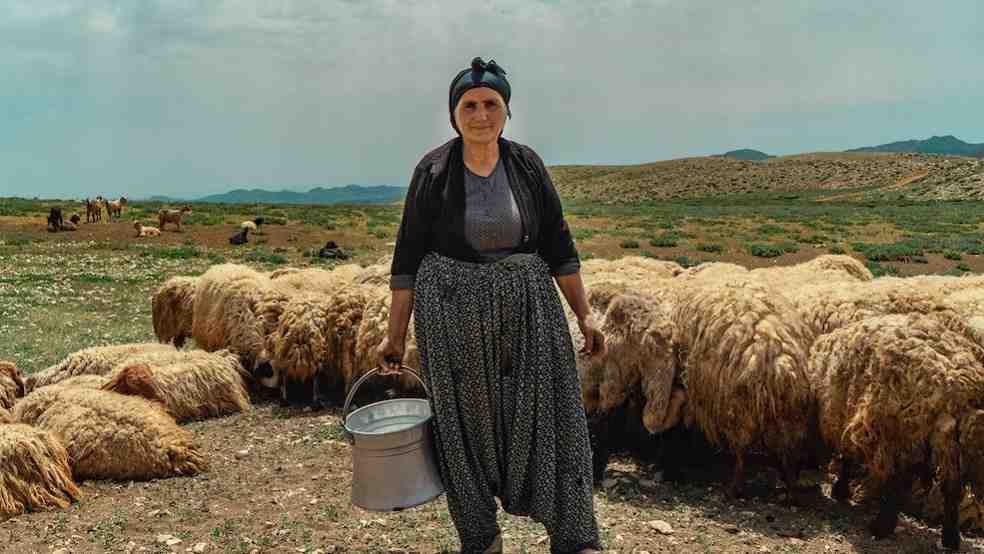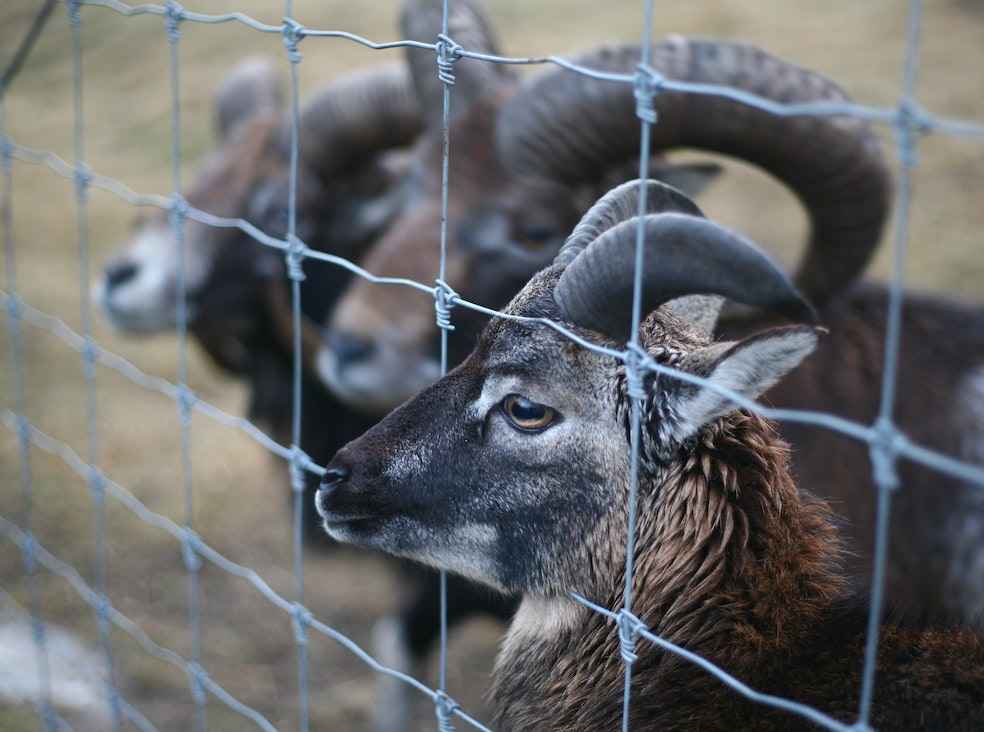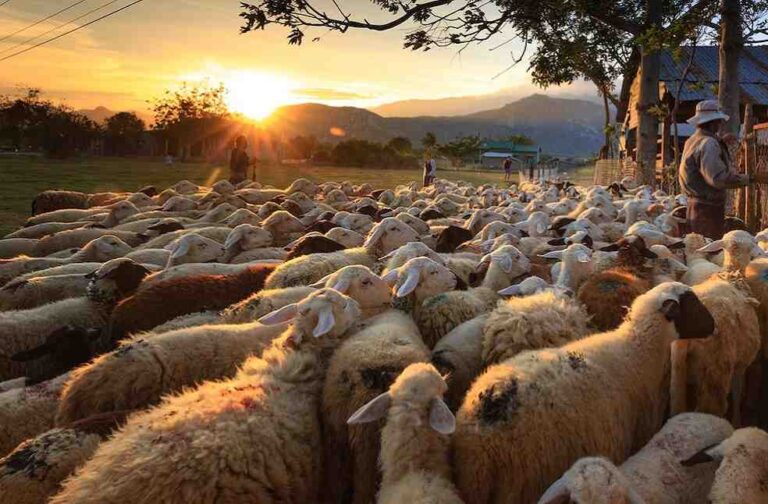Australia faces a potential impasse over Morocco’s appeal for livestock shipments, while the latter wrestles with drastic drought conditions. These developments unfold as the Australian government contemplates a sweeping ban on maritime live sheep exports, a sector valued at $92m.
Morocco sought assistance from Australia’s Department of Agriculture, Fisheries, and Forestry while enduring one of the harshest droughts witnessed in decades. The request entailed the commencement of trade discussions concerning livestock imports from Australia.
Despite this plea, the probability of actualizing this proposed deal appears faint. Murray Frangs, the managing director of Rural Export and Trading WA, counts various impediments that might hamper efforts to fulfill Morocco’s request. Existing challenges, like conflict and drought, have already inflicted adverse impacts on trade connections between Morocco and its usual suppliers from the Middle East and Africa.

Frangs conveyed a reserved response to the Australian government’s interest in scrutinizing the logistics of exporting to Morocco. He elaborated, that Multiple factors stand in their path towards this destination, and it anticipate no opportunities in the immediate or even medium-term future to surmount these challenges.
Australia’s stringent live export industry regulations present a sizable hurdle. The Exporter Supply Chain Assurance System (ESCAS), an Australian-exclusive regulatory mechanism, imposes a mandate upon exporters for upholding humane livestock handling and slaughter standards within the destination country.
Evaluating Morocco’s existing facilities and processes, Frangs expressed skepticism, that these arrangements would likely fall short of ESCAS accreditation requirements and quite substantially so. Without prior experience in live shipping to this region, they lack the understanding needed to assist importers in refining their procedures.

For Morocco, with a predominantly Arab-Berber population, live sheep and goats hold paramount importance, especially during religious observances like Eid al-Adha. Despite this, Frangs confirmed his firm had previously appraised Morocco as a potential alternate market, yet determined that the 200% import tariff on livestock, the geographical location, and the country’s processing systems did not present a viable economic opportunity.
Following the World Bank’s approval of a $350-million loan in June to bolster Morocco’s climate change combat efforts and enhance resilience, the drought conditions have seen some improvement. Yet, the recovery phase is poised to span a significant duration.
Adding another layer to this complex situation, the Australian government pledged to ban the nation’s live sheep export industry if re-elected for a second term, further complicating any potential trade with Morocco.
BUSINESS GENERAL | Global Rice Prices Surge in Wake of India’s Rice Export Ban



